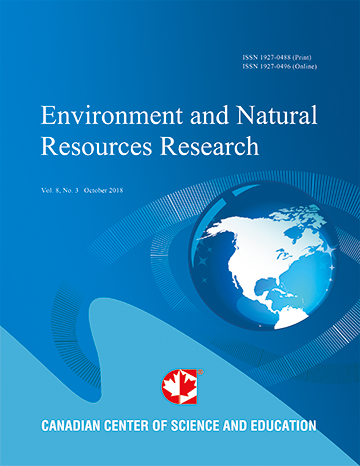Livestock Depredation by Carnivores in the Serengeti Ecosystem, Tanzania
- Eivin Røskaft
- Angela Mwakatobe
- Julius Nyahongo
Abstract
Data for livestock depredation by wild animals were collected in villages outside Serengeti National Park, northern Tanzania. We tested livestock mortality against distance of the villages from the protected area in relation to carnivore species involved, methods used to protect livestock from being depredated and frequency of livestock diseases. The results indicate that distance from the park significantly influenced livestock depredation with the lowest depredation rates in the villages farthest away. Spotted hyena (Crocuta crocuta) was the most destructive wild animal, followed by small carnivores (including baboons) which were most destructive in the medium and far away villages. Methods used to protect livestock from being depredated differed significantly based on the distance from the protected area. Wild animals cause a significant economic loss to households; however, livestock diseases were the main cause of livestock loss in the study area. The highest frequencies of deaths due to diseases were experienced in villages located closest to the protected area. We recommend that all conservation stakeholders support efforts of local communities to improve their enclosures, and develop education programs to improve their livestock husbandry skills. We also recommend that veterinary units be staffed with well-trained personnel, adequate facilities and substantial operational budgets to enable them to adequately function. Also, not only villagers near protected areas, but also any residents, should be helped by veterinary units. Lastly, we recommend an integrated study on livestock and wildlife diseases and their impact on household economies of the local communities.
- Full Text:
 PDF
PDF
- DOI:10.5539/enrr.v3n4p46
Journal Metrics
Google-based Impact Factor (2016): 6.22
h-index (November 2017): 12
i10-index (November 2017): 19
h5-index (November 2017): 11
h5-median (November 2017): 12
Index
Contact
- Emily LinEditorial Assistant
- enrr@ccsenet.org
